A patient has to be etherised, only then a major operation can take place. Similarly, in the creation of poetry too, our consciousness takes a leap, and we exist in our sub-conscious; let go of our senses and let the invisible forces play on our abstract mind. In the second part, Dr. Jernail and Prof. Manminder deal with the dynamics and the creative process of poetry, exclusively for Different Truths.
[Chakraborti, Basudeb, The Confession of an Indian Opium-Eater: A Collection of Indian Poems in English, New Delhi: Today & Tomorrow’s Printers and Publication, 2018. 104pp. Price. Rs150/-]
Poetry is the result of that boil, which comes to the milk when is on fire. A poet with his sensitive soul and 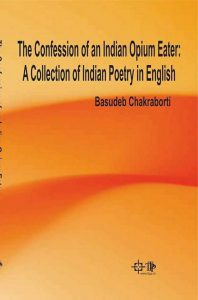 keen observation is always recording his impressions of the phenomena and then, he takes up his pen and fights it off on the paper. Poetry too is a struggle … in which words, ideas, images, metaphors take part, at last, some are captured and placed in a pattern to give a particular message. Dislocate one of them, and the message loses its coherence. That is why poetry has been regarded as: “best words in the best arrangement”.
keen observation is always recording his impressions of the phenomena and then, he takes up his pen and fights it off on the paper. Poetry too is a struggle … in which words, ideas, images, metaphors take part, at last, some are captured and placed in a pattern to give a particular message. Dislocate one of them, and the message loses its coherence. That is why poetry has been regarded as: “best words in the best arrangement”.
One more related question that props us here is how much the poet is conscious while the poetry is being written. I believe that a fully conscious poet is unfit for the operation. A patient has to be etherised, only then a major operation can take place. Similarly, in the creation of poetry too, our consciousness takes a leap, and we exist in our sub-conscious; let go of our senses and let the invisible forces play on our abstract mind.
I can be wrong for anyone who has experienced the creation of poetry in any different way. There are people who think that poetry is a conscious business and it can be written on topics assigned for contests. I have seen people writing about world peace and female foeticide and they do write good poetry and win awards too. There is nothing controvertible in it. Only thing is that you have to be a poet first. Poetry comes by itself. You cannot make a poet out of a businessman; although the reverse is quite possible.
Coming back to the poetry of Dr. Chakraborti, one feels that it is an intellectual take on the various impulses which affect our sensibilities. The first part belongs to Poetry on Terrorism. Six poems build up an atmosphere of gory killings in which men are shown losing their lives and limbs. He is very clear about the roots of this terrorism:
“The world sinks into hatred and cruelty
Virulent nationalism welcomes brutality
Global warming creates nature’s hostility
Mankind gripes for its untimely obituary”
[‘Lost My Poetry’ p. 6]
But, the poet does not say die. Love, for him, is the only human virtue, which can fight of this belligerent insanity, and bring glory back to mankind.
“It is the love that binds, all and everybody.
Instinct for self-preservation is our glory”
[ibid]
(To be continued)
©Dr. Jernail S. Anand and Prof. Manminder Singh Anand
Photos from the Internet
 Co-author: Prof. Manminder Singh Anand is Assistant Prof., Dept. of English, DAV College, Sector 10, Chandigarh. He has authored ten books and published in national and international journals. Rhetorical Expressions is one of his most remarkable books.
Co-author: Prof. Manminder Singh Anand is Assistant Prof., Dept. of English, DAV College, Sector 10, Chandigarh. He has authored ten books and published in national and international journals. Rhetorical Expressions is one of his most remarkable books.
#TheConfessionOfAnIndianOpiumEater #BookOfPoetry #Poems #BookReview #Virtues #DifferentTruths

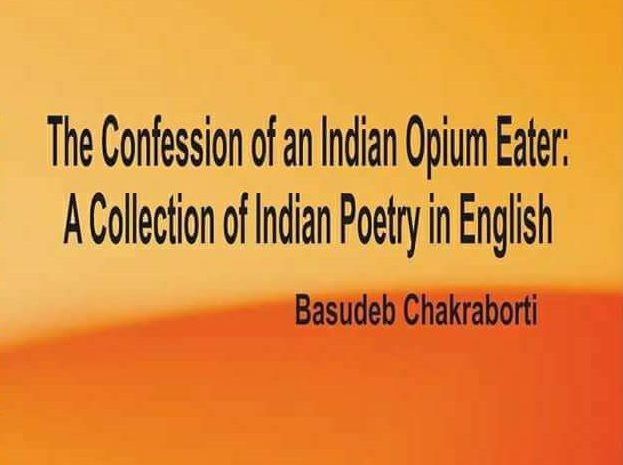
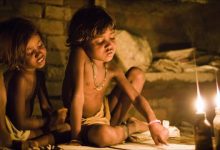

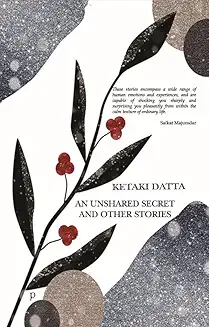
 By
By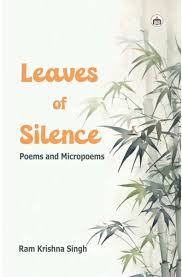
 By
By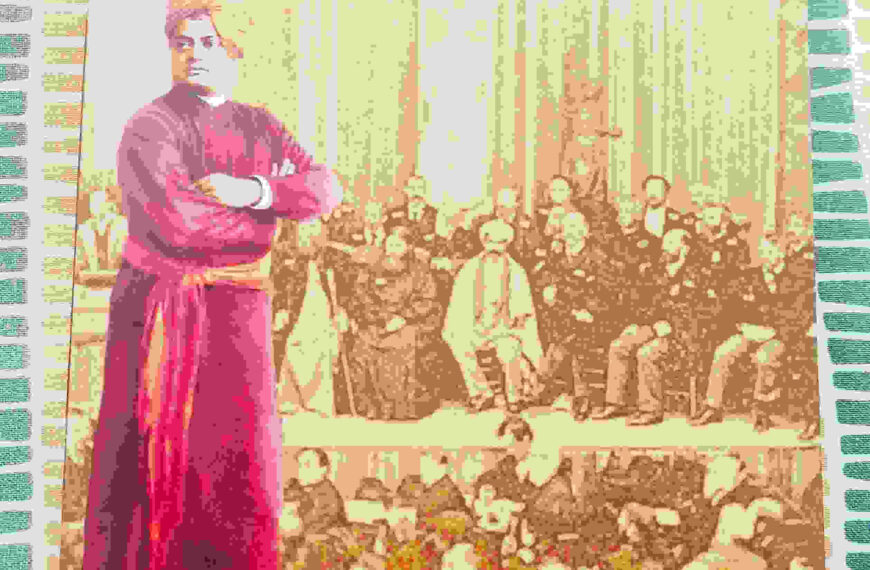
 By
By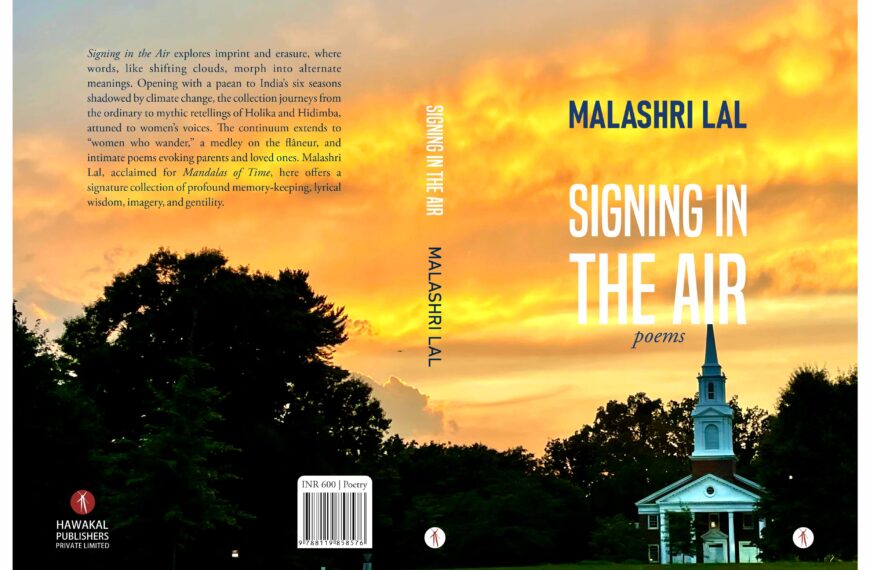
 By
By